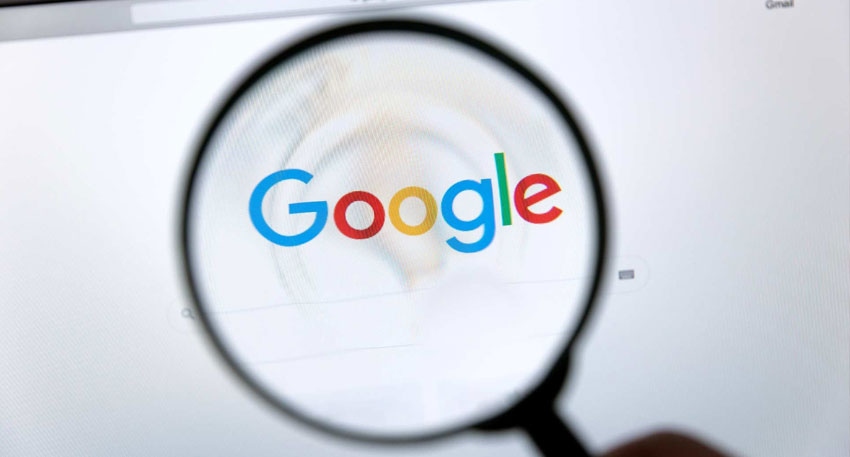
Think your Google searches are private? Think again. What you type can follow you for years, trigger ads that expose your secrets, or even land you on government watchlists. Here s what you should never search — and why even your curiosity can cost you.
1. Searched “Do I have Cancer?” — You just alerted advertisers
Typing in symptoms like “cancer signs” or “HIV early stages” seems harmless — but it flags you. Over 90% of health sites share your info with ad companies. Suddenly, you’re being targeted with pharma ads that practically announce your condition to anyone looking at your screen. You’re not just searching — you’re broadcasting.
2. Want to sleep again? Never google bedbug bites
This one’s real: one search for “bedbug infestation photos” and you’ll be haunted by horrifying images, horror stories, and exterminator ads that follow you everywhere. It’ll make your skin crawl (literally). Want nightmares? Go ahead. Otherwise — don’t.
3. Thinking about bombs? Google might think you’re a threat
Ever wondered how pressure cookers work? Combine that with “backpack” in your search history and you might trigger national security protocols. One innocent family was visited by police after just that. Keyword warrants are real — and you could be next if you Google the wrong combo.
4. “Am I Ugly?” — Google says yes, then sells you solutions
Feeling insecure? Searching about your body, weight, hair loss, or acne tells advertisers exactly how to sell to you. You ll get bombarded with “fixes” you never asked for. You gave Google your doubt — and now they’ll make sure you never forget it.
5. Curious about drugs or crime? Your IP might be logged for years
Don’t search “how to make meth” or “DIY explosives” even as a joke. Government databases are tracking these queries. And once you’re in — you stay in. Some IPs stay flagged for up to 10 years, even with no crime committed.
6. Internal site Searches can leak more than google
You think searching inside a site like WebMD or Wikipedia is safe? Think again. Many of these internal search bars leak your queries to third parties. So that “STD symptoms” search? Yeah… it’s not staying between you and the site.
7. Google’s autocomplete might be spreading rumors about you
Start typing your name — and watch the suggestions. If someone else has searched your name + “plastic surgery” or “scandal” or “HIV,” it may auto-suggest it to others. Congrats — you re a rumor now, even if it s all fake.
8. Think you re anonymous? Google already knows who you are
Even in incognito mode, Google builds a “digital shadow” that ties your searches together. One researcher calls it a “Database of Ruin” — combining thousands of facts to guess your secrets, habits, and fears. You’re not hiding — you’re just not paying attention.
9. Search history has convicted real people — Even without a crime
In some U.S. cases, judges have accepted Google searches as evidence — even when no crime was committed. Googling how to dispose of a body, or what poison is undetectable, even hypothetically, could be enough to implicate you. Don’t do it. Ever.
Also Read: Google Drive gets interesting new feature
Conclusion: your curiosity could cost you more than you think
Google never forgets — even when you do. Your late-night fears, guilty questions, or strange curiosities could become part of a profile that defines your online life. You don’t know who sees it, who buys it, or who acts on it.




